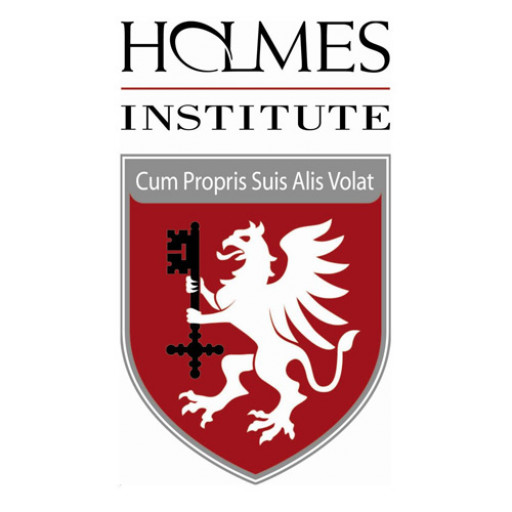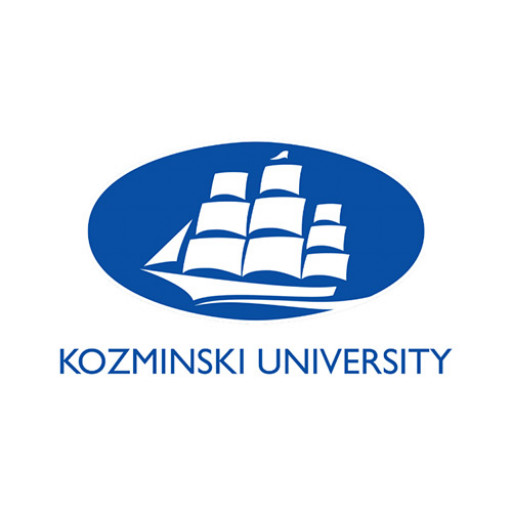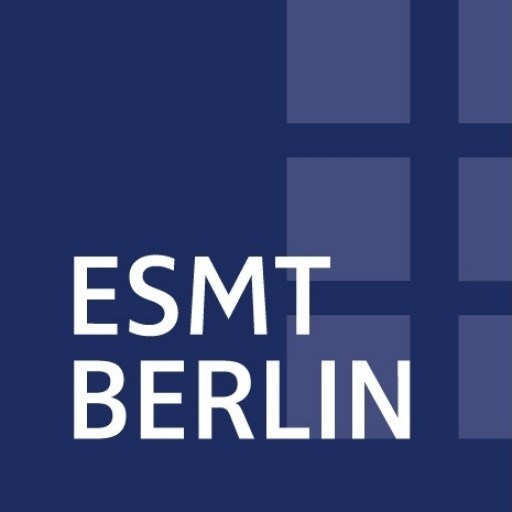Photos of university / #kocuniversity
The Bachelor of Science in Business Administration at Koç University offers a comprehensive and rigorous curriculum designed to prepare students for successful careers in the dynamic world of business. This program provides a solid foundation in core business disciplines, including management, finance, marketing, economics, and entrepreneurship, ensuring graduates acquire the necessary skills and knowledge to excel in various industry sectors. Emphasizing critical thinking, analytical skills, and ethical decision-making, the program encourages students to explore innovative solutions and develop a global perspective essential for today's interconnected economy. Through a combination of theoretical coursework and practical experiences, such as internships, case studies, and collaborative projects, students are equipped to face real-world business challenges with confidence. The program also promotes entrepreneurial thinking and leadership development, enabling students to initiate and manage projects or business ventures successfully. Koç University's distinguished faculty members, who are experts in their fields, deliver engaging lectures and mentored research opportunities, fostering an environment of academic excellence and personal growth. The university's modern facilities, active industry partnerships, and vibrant campus community further enhance the learning experience, providing students with networking opportunities and exposure to current industry practices. Graduates of the BSc in Business Administration are well-prepared for diverse career paths in consulting, finance, marketing, management, and international business, or for advanced studies in business and related fields. Committed to cultivating responsible, innovative, and globally-minded business leaders, Koç University's program aims to shape future executives who will contribute positively to the economic development and societal wellbeing worldwide.
The Modular Business Administration program at Koç University offers a comprehensive and flexible curriculum designed to equip students with the essential skills and knowledge required for success in the dynamic world of business. This program emphasizes a modular approach, allowing students to customize their learning experiences by selecting from various courses that cover fundamental areas such as management, finance, marketing, entrepreneurship, and organizational behavior. The curriculum combines theoretical foundations with practical applications, fostering critical thinking and problem-solving abilities that are crucial in today’s competitive environment.
Throughout the program, students engage in case studies, group projects, and real-world simulations that enhance their understanding of business operations and decision-making processes. The program also provides opportunities for internships and collaborations with industry partners, enabling students to gain valuable hands-on experience and build professional networks. Emphasis is placed on developing soft skills such as leadership, communication, teamwork, and ethical responsibility, preparing graduates to excel in diverse organizational roles.
Faculty members are distinguished academics and industry professionals dedicated to mentoring students and supporting their academic growth. The modular structure allows for flexibility, enabling students to balance their studies with personal and professional commitments. Upon graduation, students are well-equipped to pursue careers in various sectors including finance, consulting, marketing, entrepreneurship, and management. Additionally, the program prepares students for further advanced studies in business or related fields.
Koç University’s state-of-the-art facilities and vibrant campus environment foster a stimulating learning atmosphere, encouraging innovation and collaborative learning. The Modular Business Administration program is committed to developing responsible and entrepreneurial leaders who can drive positive change in their organizations and communities. Whether aiming to join the corporate world or start their own ventures, students receive a solid foundation that empowers them to achieve their professional aspirations and adapt to the ever-evolving global business landscape.
The Modular Business Administration program at Koç University offers a comprehensive curriculum designed to equip students with core competencies in management, finance, marketing, and organizational behavior. The program requires students to complete a total of 120 ECTS credits over their course of study, which typically spans four years. Students are expected to engage in a combination of mandatory courses, electives, and practical experiences to develop a well-rounded understanding of business principles and leadership skills. The core courses include Introduction to Business, Financial Accounting, Managerial Finance, Marketing Management, Organizational Behavior, Business Ethics, and Strategic Management. In addition to these, students choose electives from specialized areas such as International Business, Entrepreneurship, Human Resources Management, and Information Systems, allowing for customization of their academic pathway according to their interests and career goals. The program emphasizes experiential learning through case studies, group projects, internships, and interactive workshops designed to foster real-world problem-solving abilities. Students are also encouraged to participate in internships, which are strongly recommended to gain practical industry experience and enhance employability post-graduation. The curriculum incorporates a final-year capstone project, where students synthesize their learning by solving a real or simulated business problem in a team setting under faculty supervision. Language of instruction is primarily English, preparing students for global business environments. Admission requirements typically include a high school diploma or equivalent, standardized test scores, and an interview process. The program aims to produce graduates who are analytical, innovative, and ethical business leaders capable of making impactful decisions in diverse organizational contexts.
The Bachelor of Science in Business Administration program at Koç University offers a comprehensive financing structure designed to make higher education accessible and affordable for a diverse student body. The university provides a range of financial aid options, including merit-based scholarships, need-based financial aid, and external funding opportunities. Merit-based scholarships are awarded to students demonstrating outstanding academic achievement, leadership potential, or exceptional talents, which can significantly reduce or cover tuition fees. Need-based financial aid is available for students whose financial circumstances warrant support, ensuring that capable students from various economic backgrounds can pursue their education without undue financial stress.
Koç University also participates in external scholarship programs and partnerships with various foundations and organizations, broadening the financial resources available to incoming and current students. The university's financial aid office provides guidance and support throughout the application process, helping students navigate the various options and requirements. Tuition fees are typically paid in installments, with flexible payment plans offered to accommodate students’ financial situations. Additionally, the university collaborates with banks to offer student loan programs at competitive interest rates, facilitating long-term financing for students who need it.
Students are encouraged to apply early for financial assistance, as awards and funding are limited and highly competitive. The university emphasizes its commitment to equitable access to education and strives to support students financially through extensive scholarship programs and financial planning resources. Overall, the financing options at Koç University are designed to reduce the financial barriers to obtaining a top-tier education in Business Administration, fostering a diverse and dynamic student community.
The Modular Business Administration program at Koç University offers a comprehensive curriculum designed to equip students with a versatile understanding of business principles and practices. The program emphasizes modular coursework, allowing students to tailor their educational experience according to their career goals and interests. Covering essential areas such as finance, marketing, management, and entrepreneurship, the program prepares graduates for diverse roles within the business world. The curriculum integrates theoretical knowledge with practical application through case studies, projects, and internships, fostering critical thinking and real-world skills. Koç University’s faculty comprises experienced academicians and industry professionals who bring a wealth of knowledge and insights, enhancing the learning environment. The program also encourages interdisciplinary approaches and innovation, supporting students in developing leadership qualities, strategic thinking, and ethical decision-making. Through various seminars, workshops, and networking opportunities, students gain exposure to global business trends and develop professional connections. The modular structure permits flexibility, enabling students to progress at their own pace and specialize in areas like finance, marketing, or management consulting. The university’s state-of-the-art facilities and strong ties with industry partners provide ample opportunities for experiential learning. Graduates of the Modular Business Administration program are well-prepared to pursue careers in multinational companies, startups, or continue their studies at graduate levels. The program’s emphasis on personalized education and comprehensive skill development ensures that students are ready to meet the challenges of contemporary business environments. Overall, Koç University’s Modular Business Administration program combines academic excellence, practical training, and flexibility to offer an enriching educational experience for aspiring business professionals.








